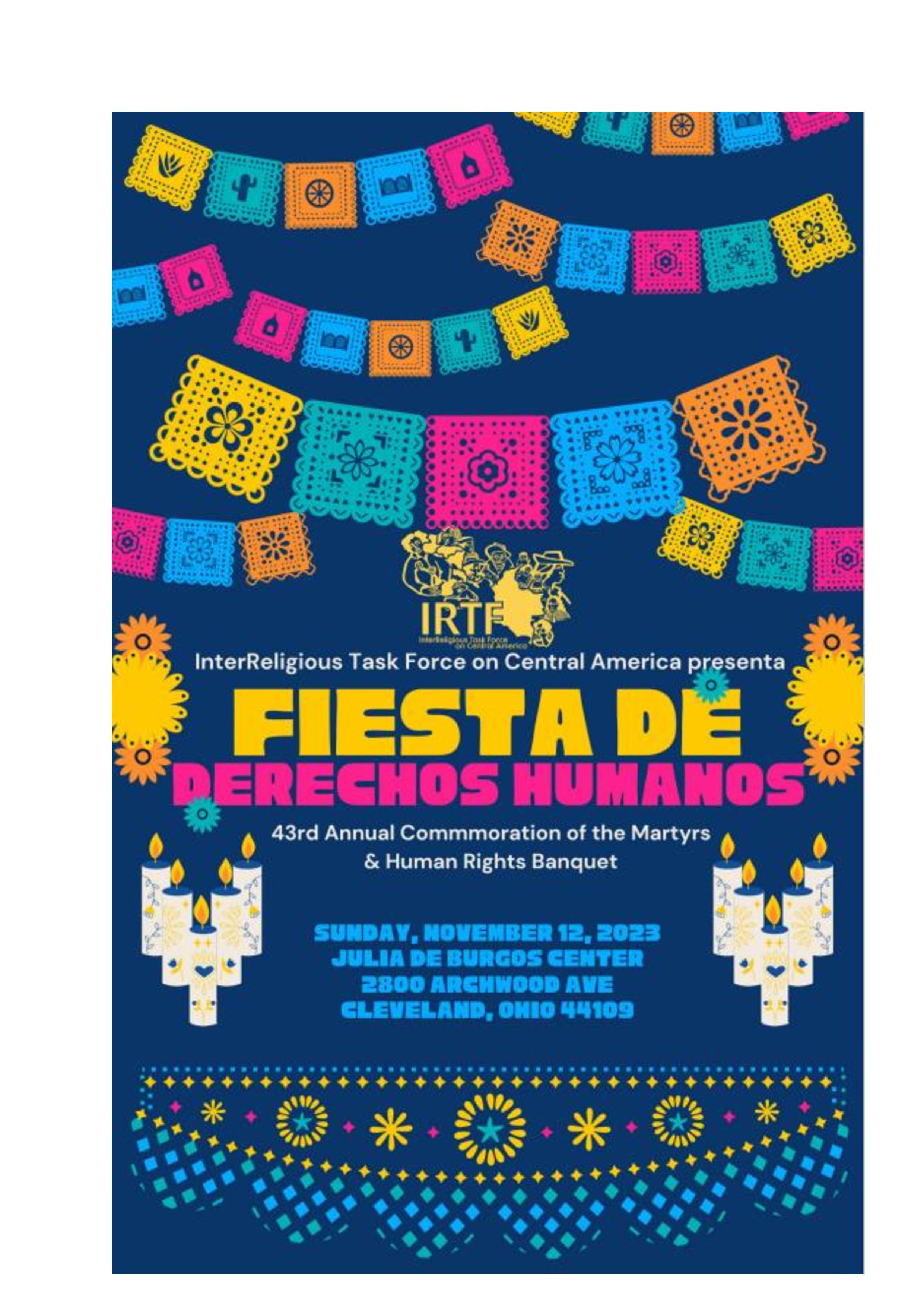Attacks continue on leaders of campesino cooperatives in the Aguán Valley, Colón Department, in northern Honduras. Marvin Dubón, age 23, was a dedicated community spokesperson and partner of the Tranvio Farmers Agricultural Cooperative.
At 7pm on March 17, while riding home on a motorcycle with his life partner Elizabeth Gómez, Marvin Dubón, was followed by heavily armed assailants from the communities of Salamá to Quebrada de Arena, Tocoa municipality, Colón Department. At Quebrada de Arena they shot and killed him.
Campesino organizations suspect collusion among criminal groups, private corporations, and municipal security forces. Witnesses to the assassination noted the presence of Juan Carlos Lizama, leader of a criminal group who is closely associated with the head of security for the Dinant Corporation. The company had previously pushed for the eviction of campesino families from some agricultural cooperatives (Chile, Camarones, and Tranvio). The Coordinating Body of Popular Organizations of Aguán (COPA) reports that Juan Carlos Lizama has for several years participated in a series of acts of violence against peasant communities; it also states that there have been no serious investigative actions against him by the Public Ministry (MP) or the Police Investigation Directorate (DPI). This raises serious concerns about collusion among the assassins, the Dinant Corporation and local security forces in Tocoa.

